
6 Considerations In Choosing Clean Room Doors
- By:hqt
- 2024-10-16
- 29
Ensuring stringent contamination control is paramount in maintaining the functionality of clean rooms, which serve as highly controlled environments designed to limit the presence of pollutants and contaminants. It is often overlooked that seemingly minor details, such as the choice of clean room doors, can exert a significant impact on various operational aspects, including performance, safety, and efficiency. This article seeks to elucidate on what aspects are imperative to consider when selecting clean room doors by delving into six critical considerations. Understanding these factors will enable decision-makers to make informed choices that optimize the room’s overall performance and ensure the investment is sound and worthwhile.
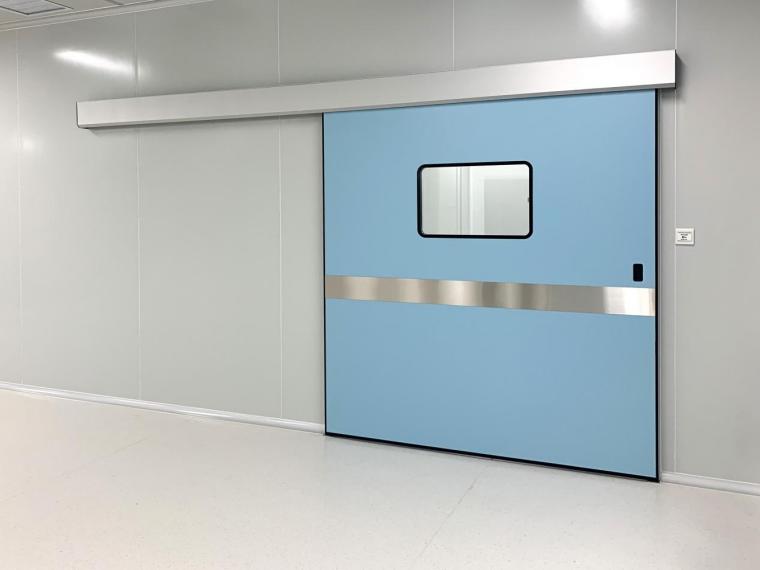
Considerations In Choosing Clean Room Doors 1. Material Durability and Compatibility
Considerations In Choosing Clean Room Doors: Selecting the appropriate material for clean room doors transcends personal preference, as it directly affects the maintenance of a clean, hygienic environment. The door's material must be chosen based on its ability to endure specific chemicals, frequent cleaning agents, and distinct environmental conditions characteristic of the clean room setting.
Resistance to Chemical Agents: The door’s surface material must resist wear and deterioration despite continuous exposure to potent cleaning chemicals and disinfectants. Common choices like high-grade aluminum and stainless steel are favored due to their superior resistance to corrosion and chemical reactions. Any material susceptible to degradation under cleaning will eventually harbor contaminants, undermining the clean room’s sterility.
Non-porous Surfaces: The material must be non-porous to prevent dust, microorganisms, and other particles from penetrating its surface. Non-porous materials facilitate straightforward maintenance and prevent contaminants from accumulating, which makes compliance with cleanliness standards more manageable.
Compatibility with Clean Room Classification: The door’s material must correspond to the clean room’s classification level, as higher-class clean rooms necessitate materials that generate minimal particulates and exhibit low outgassing. This alignment with ISO and other standards ensures that the door supports, rather than detracts from, the controlled environment.
Careful consideration of the material’s attributes at the beginning will preempt future issues, minimize maintenance costs, and safeguard the clean room’s integrity.
Considerations In Choosing Clean Room Doors 2. Sealing Efficiency and Airtightness
Considerations In Choosing Clean Room Doors: Sealing efficiency is one of the most critical aspects of clean room doors, as it determines the room’s ability to sustain a stable internal environment. Effective seals prevent airflow disruptions and mitigate cross-contamination risks between different clean room zones.
Air Pressure Control: Clean rooms are typically designed to maintain either positive or negative air pressure, a mechanism to either keep contaminants out or contain them within a specified area. The door’s seal must be robust enough to support these pressure differentials. A substandard seal can cause pressure fluctuations, undermining the room’s ability to control contaminants effectively.
Preventing Airborne Contaminants: Proper seals prevent the entry of unwanted airborne particles that could compromise the clean room’s sterility. Any breach in the door’s airtightness could introduce particles or microbes, thus diminishing the effectiveness of the clean room's contamination control protocols.

Long-term Performance: Clean room doors should integrate high-quality gaskets and sealing systems that retain their integrity even under frequent use. Automating sealing mechanisms can further enhance this feature, maintaining a contamination-free environment in high-traffic areas or between rooms with different contamination levels.
Ensuring a high level of airtightness not only protects the controlled environment but also improves the room’s energy efficiency, potentially lowering operational costs over time.
Considerations In Choosing Clean Room Doors 3. Ease of Cleaning and Maintenance
Considerations In Choosing Clean Room Doors: Given the critical role of cleanliness in clean room operations, it is vital that doors are designed for straightforward cleaning and maintenance. This encompasses not only the surface of the door but also its frame, hardware, and any other integral parts.
Smooth and Flush Surfaces: The door surface should be devoid of unnecessary crevices or protrusions, as these can serve as breeding grounds for contaminants. Smooth and flush surfaces facilitate easy and thorough cleaning, reducing the risk of bacterial or dust accumulation. Doors with complicated designs or intricate patterns can hinder effective cleaning, making them unsuitable for clean room applications.
Minimization of Exposed Hardware: The clean room door should be constructed with minimal exposed hardware, as elements like screws, hinges, and handles can trap particles and increase the potential for contamination. Opting for doors with concealed hardware or seamless integration reduces the points of contamination, thereby making cleaning procedures more efficient.
Low Maintenance Requirements: It is essential to select doors with components designed for longevity and low maintenance. High-quality materials used in the door’s hinges, seals, and other moving parts ensure that maintenance needs are minimal, reducing the time and frequency of interventions that could potentially introduce contaminants.
Prioritizing easy cleaning and low maintenance guarantees that hygiene standards are consistently maintained with minimal disruption to operations.
Considerations In Choosing Clean Room Doors 4. Door Type and Opening Mechanism
The choice of door type and its corresponding opening mechanism can influence not only the efficiency but also the safety of clean room operations. Each clean room application may require a distinct door configuration, making it crucial to match the door’s functionality with the room’s unique operational demands.
Sliding vs. Swing Doors: Sliding doors are often the preferred option due to their space-saving design and ability to minimize airflow disruption when opening or closing. They are particularly well-suited for smaller clean rooms or areas that experience high foot traffic. Conversely, swing doors, which offer a tighter seal, may be more appropriate for rooms that prioritize maintaining a stable environment over space considerations.
Manual vs. Automatic Operation: Manual doors, though cost-effective and straightforward, can pose a contamination risk due to direct contact. Automatic doors, equipped with motion sensors or push-button activation, eliminate this issue and enhance hygiene by enabling hands-free operation. These are ideal for facilities requiring stringent hygiene control, such as pharmaceutical and biotech settings.
Emergency Release and Fail-safe Systems: An often-overlooked factor is the door’s emergency features. In scenarios involving power failure or other emergencies, doors should remain functional, permitting rapid and safe access without compromising the room’s airtightness or seal integrity.
Selecting the appropriate door type and opening mechanism can streamline clean room operations while simultaneously maintaining high safety and hygiene standards.
Considerations In Choosing Clean Room Doors 5. Compliance with Regulatory Standards
Considerations In Choosing Clean Room Doors: Compliance with regulatory standards is essential in maintaining the clean room’s certification and ensuring that it operates at peak performance. The chosen clean room doors must adhere to various international guidelines and industry-specific requirements.
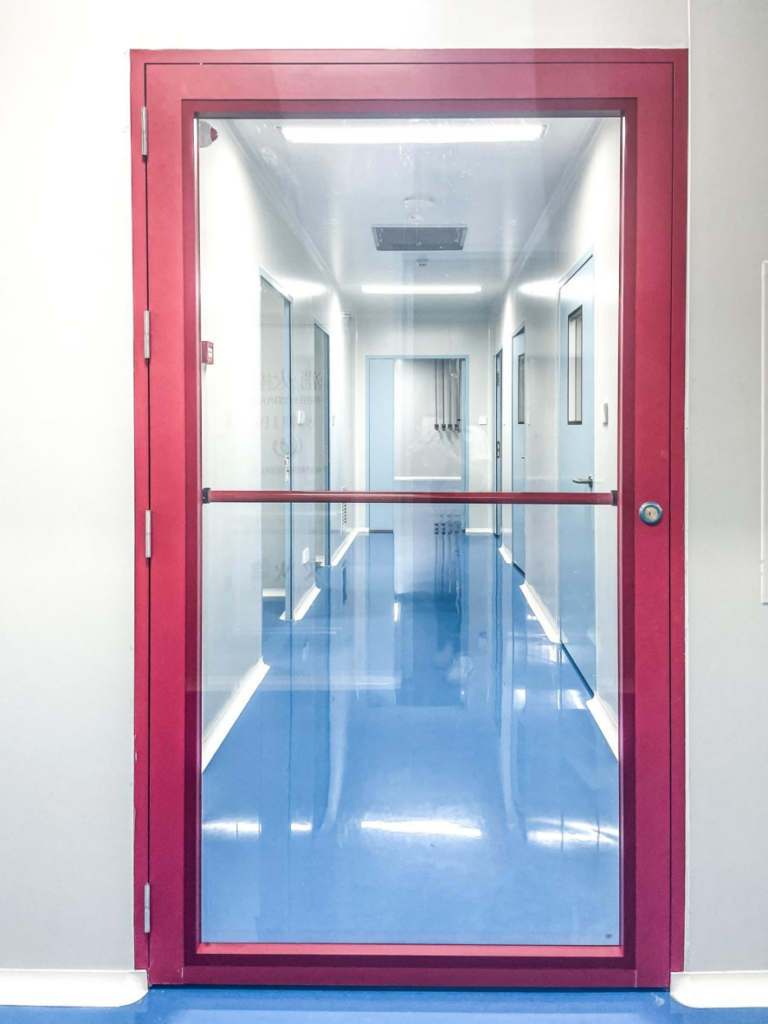
ISO 14644-1 Standards: These standards outline different classifications of clean rooms based on air cleanliness and particle count. The door’s specifications should align with the clean room’s classification, ensuring that it supports the room’s air cleanliness levels.
FDA and GMP Regulations: In industries like pharmaceuticals or food production, doors must meet stringent FDA and Good Manufacturing Practice (GMP) guidelines. These regulations help ensure that materials and construction methods do not introduce contaminants, safeguarding product safety.
Fire Safety Codes: Doors should also comply with fire safety standards, which may include the use of fire-rated materials or specific safety features. Compliance with fire codes is crucial to protecting both personnel and equipment.
Starting with regulatory compliance ensures that the clean room’s performance and safety are not compromised, paving the way for smooth operations.
Considerations In Choosing Clean Room Doors 6. Supplier Reputation and Support Services
Considerations In Choosing Clean Room Doors: The reliability of the clean room doors is significantly influenced by the quality and reputation of the supplier. Opting for a supplier with a proven track record and comprehensive support services can make a considerable difference in the door’s long-term performance and reliability.
Established Expertise: Choose suppliers with established expertise in the cleanroom sector. For example, E-ZONG is known for delivering high-quality clean room doors specifically designed to meet the needs of diverse industries, including pharmaceuticals, electronics, and healthcare.
Customization and Adaptability: A reputable supplier should offer customization options, allowing for doors to be tailored to the specific needs of the clean room. Options such as custom sizes, additional features like viewing panels, or specialized mechanisms can make a considerable difference in the door’s suitability for particular applications.
After-sales Support: Support services, including installation guidance, maintenance, and warranty coverage, are vital for ensuring the door’s longevity. Partnering with a supplier who stands behind their product guarantees that any issues are promptly resolved, minimizing disruption to the clean room’s operation.
Engaging with a reputable supplier like E-ZONG ensures that clean room doors are of the highest quality and come with reliable customer support.
Conclusion
The selection of clean room doors demands thorough evaluation of various aspects, from material compatibility and sealing efficiency to regulatory compliance and supplier reputation. Understanding these six considerations and working with a reputable supplier, such as E-ZONG, will enable facilities to optimize the cleanliness, safety, and overall performance of their clean rooms, ultimately ensuring long-term operational success and safety.
-
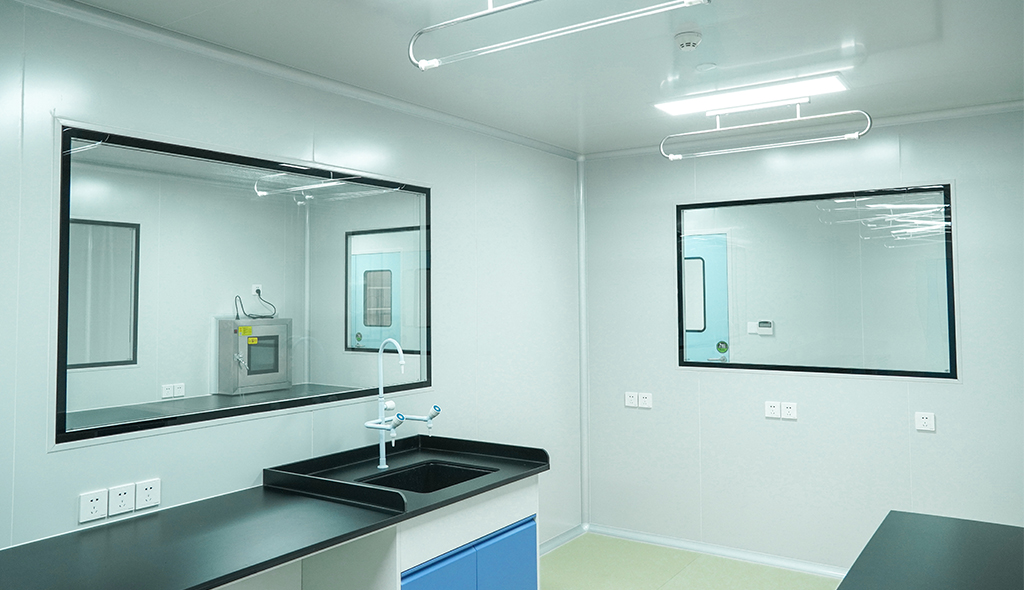 Cleanroom Glass Windows Are The Key to Maintaining a Clean Environment
Cleanroom Glass Windows Are The Key to Maintaining a Clean Environment -
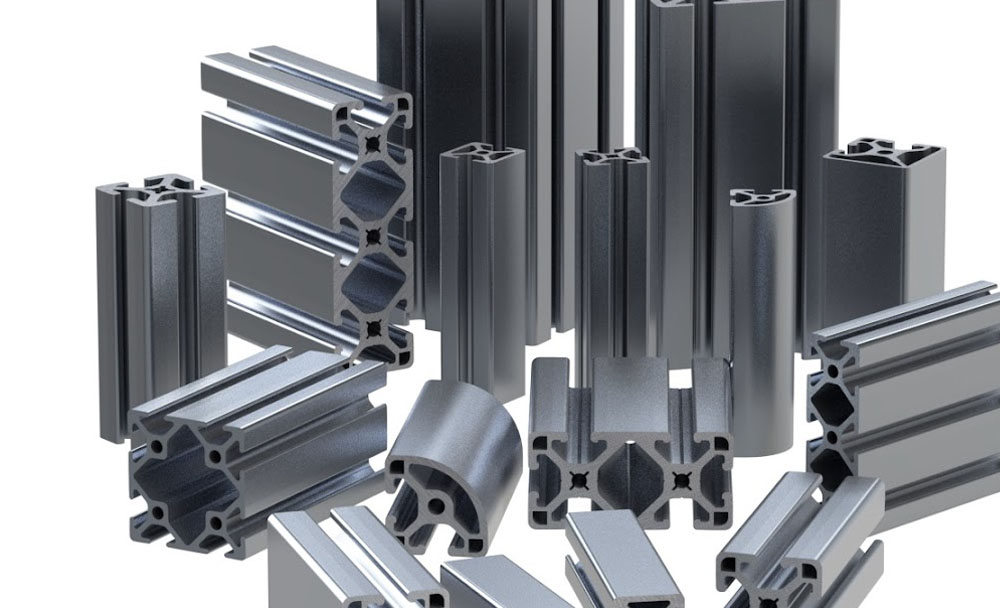 Top Aluminium Profile Manufacturers in China: Leading the Global Market
Top Aluminium Profile Manufacturers in China: Leading the Global Market -
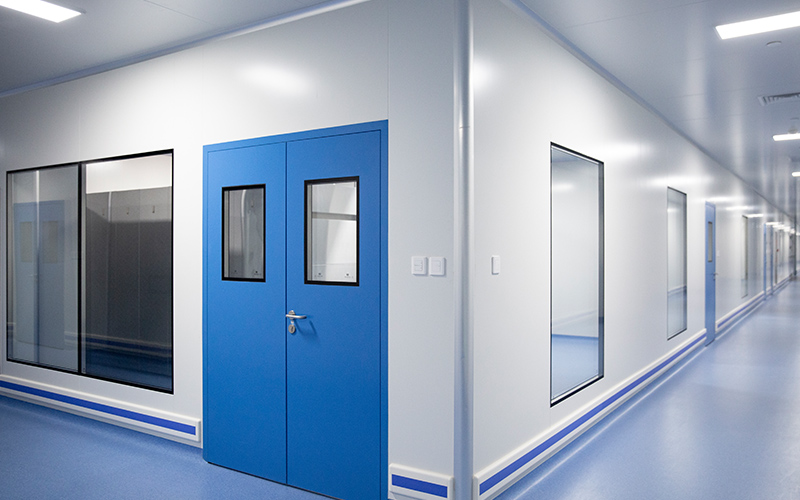 The Evolution of Air Tight Sliding Doors
The Evolution of Air Tight Sliding Doors -
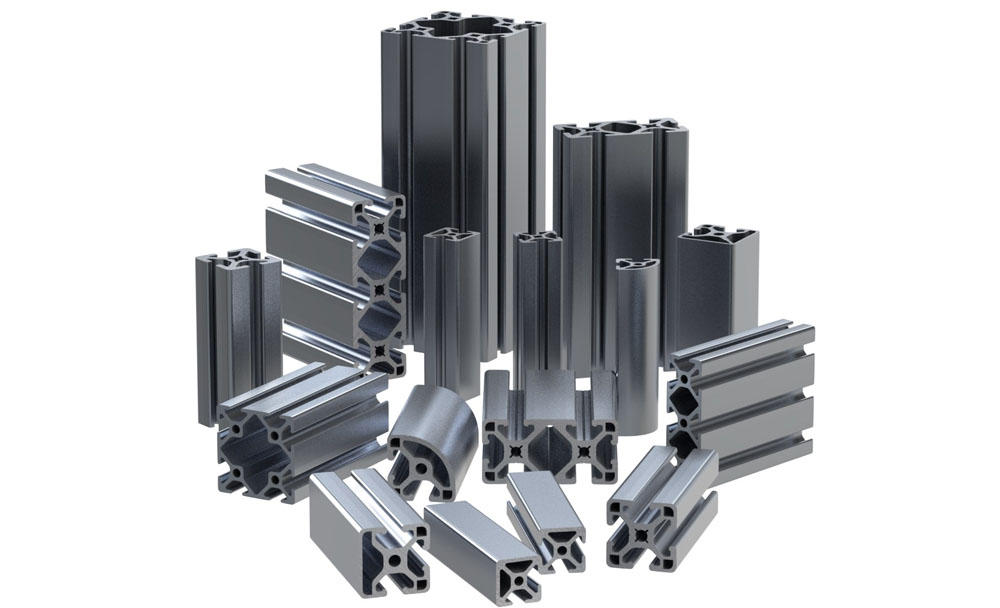 AHU Aluminium Profile: A Comprehensive Guide
AHU Aluminium Profile: A Comprehensive Guide -
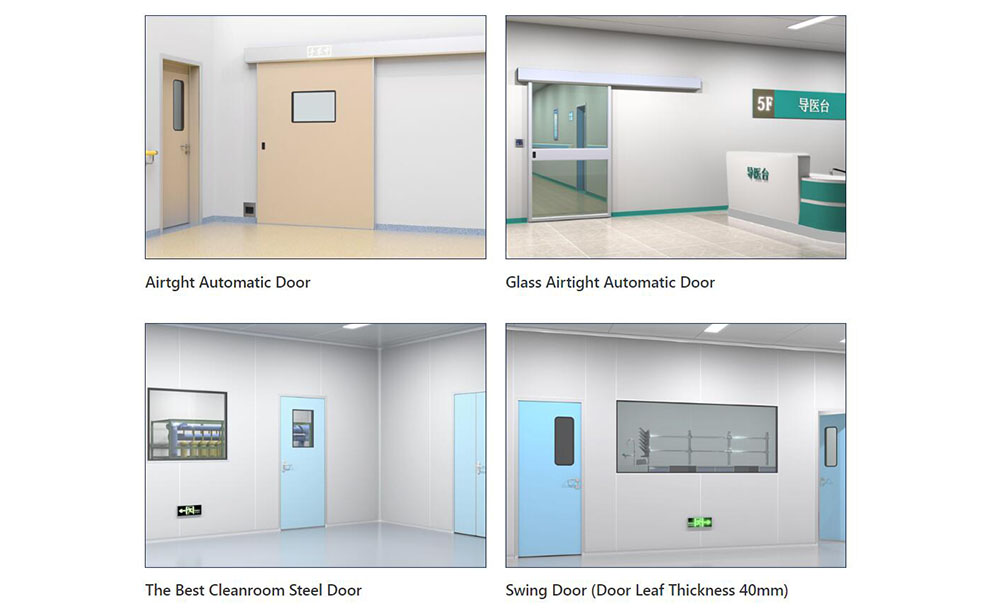 The Importance of Choosing the Right Cleanroom Door in Vietnam
The Importance of Choosing the Right Cleanroom Door in Vietnam -
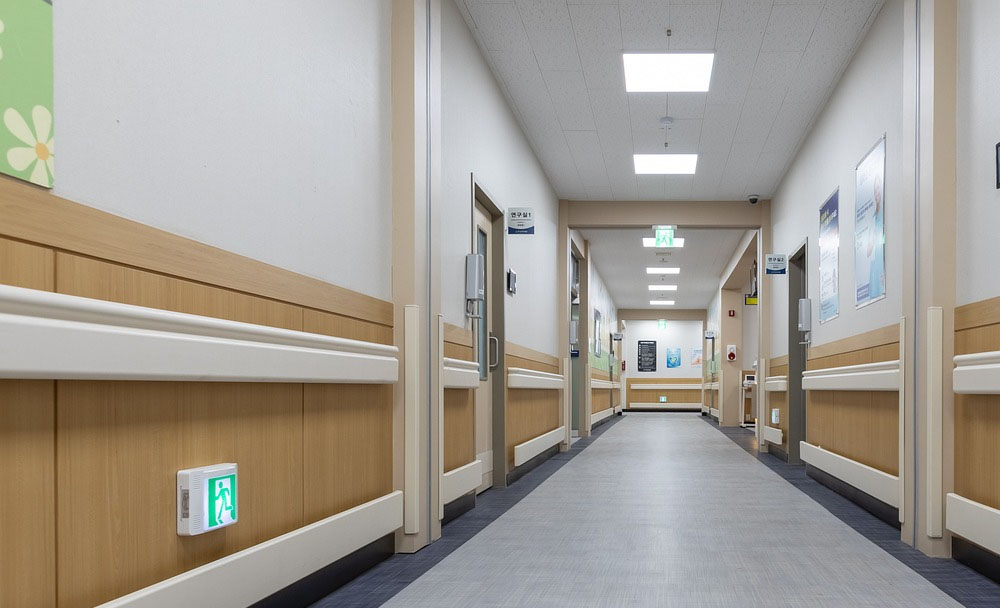 The Benefits of Hospital Automatic Doors: Enhancing Efficiency and Safety
The Benefits of Hospital Automatic Doors: Enhancing Efficiency and Safety -
.jpg) The Best Bathroom Door Manufacturers - Unlocking Endless Possibilities!
The Best Bathroom Door Manufacturers - Unlocking Endless Possibilities! -
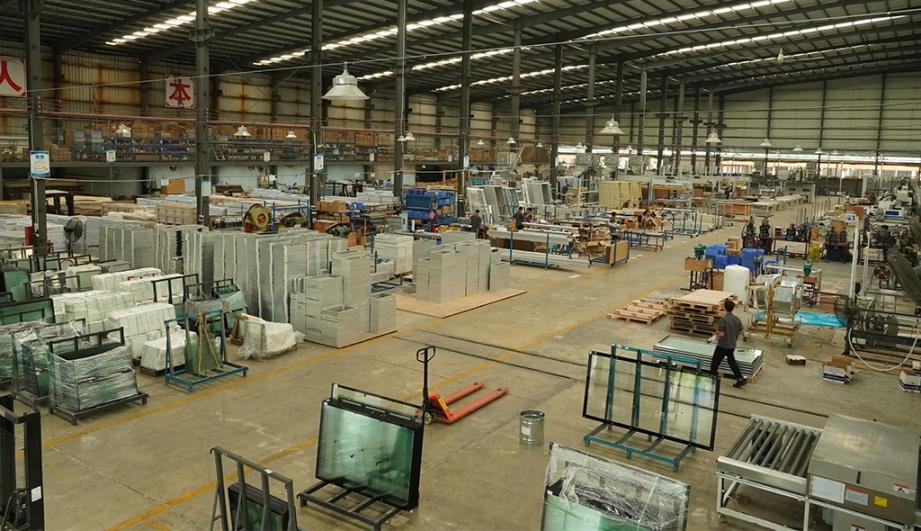 Unlock the Possibilities with AJ Manufacturing Doors
Unlock the Possibilities with AJ Manufacturing Doors -
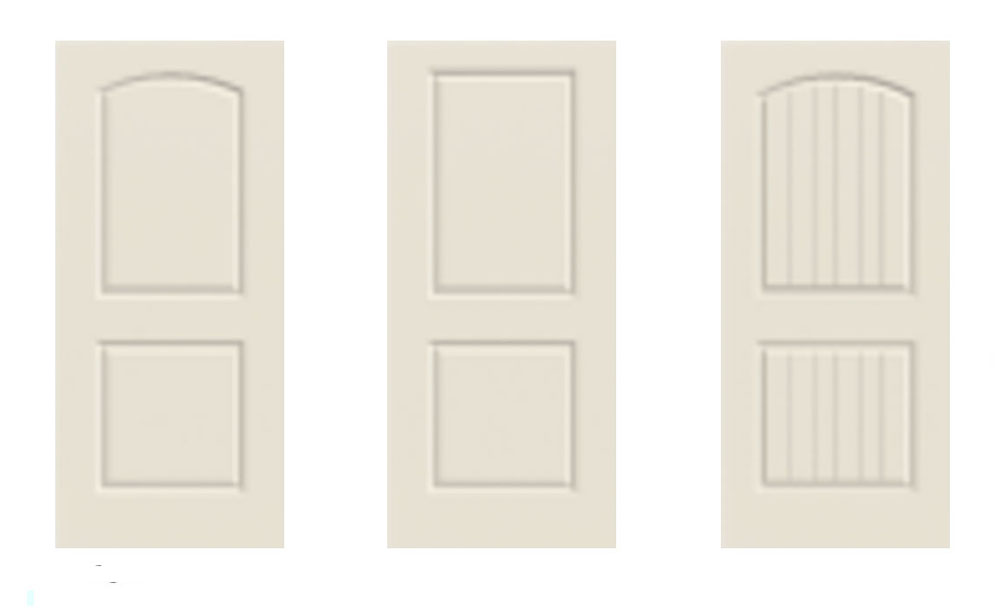 Make a Statement with Manufactured Home Interior Doors!
Make a Statement with Manufactured Home Interior Doors! -
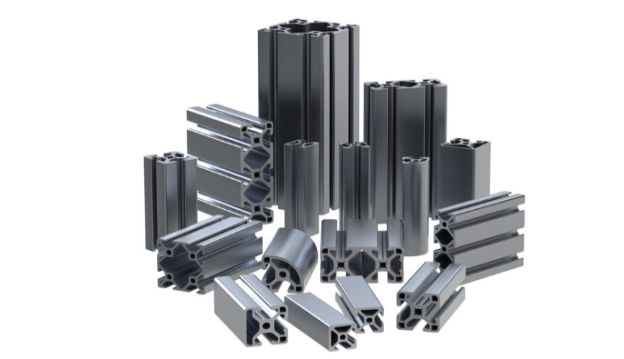 what is aluminum profile? Aluminum Profiles for Your Home is the best option
what is aluminum profile? Aluminum Profiles for Your Home is the best option
-
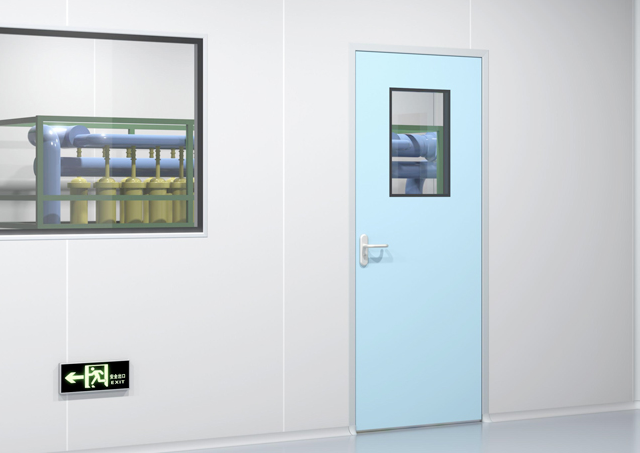 Next-Gen Medical Cleanroom Access: Introducing the Cleanroom Steel Door Solution
Next-Gen Medical Cleanroom Access: Introducing the Cleanroom Steel Door Solution -
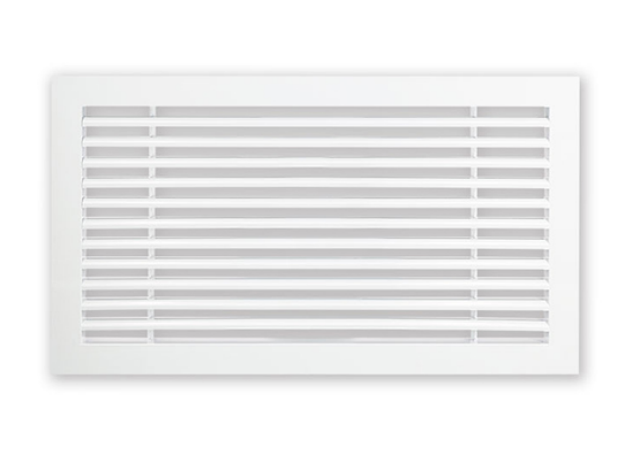 Linear Bar Grille Air Conditioning Diffuser with 0° Angle Blades for Perfect Airflow
Linear Bar Grille Air Conditioning Diffuser with 0° Angle Blades for Perfect Airflow -
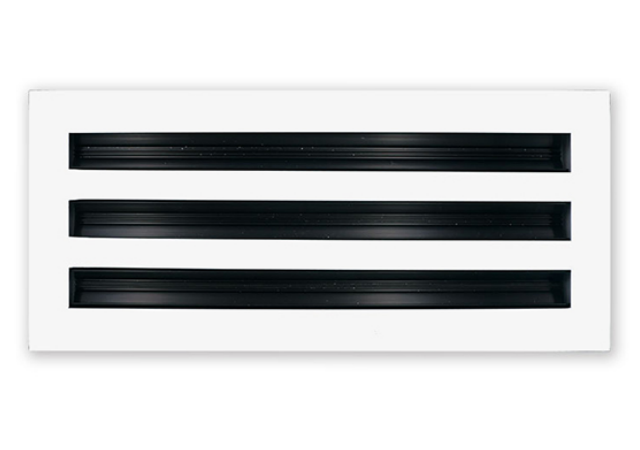 The Sleek and Efficient Linear Slot Diffuser for Air Vent
The Sleek and Efficient Linear Slot Diffuser for Air Vent -
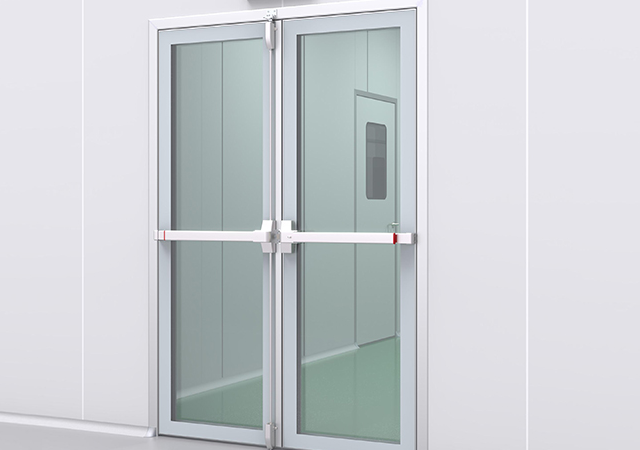 Double-Swing Glass Doors - Modern Laboratory Cleanroom Doors
Double-Swing Glass Doors - Modern Laboratory Cleanroom Doors -
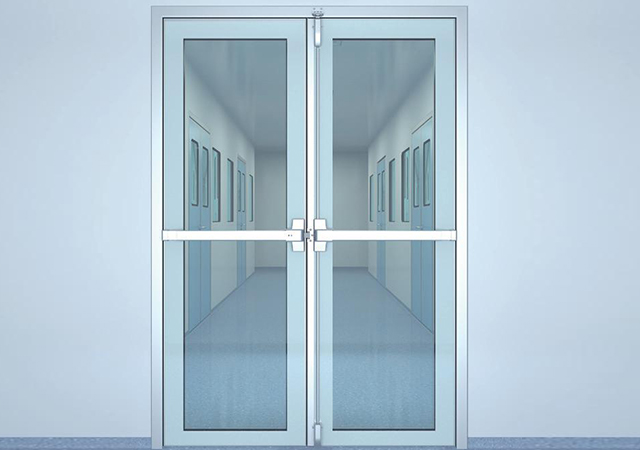 Superior Aluminium Glass Swing Door - Pharmaceutical Cleanroom Door
Superior Aluminium Glass Swing Door - Pharmaceutical Cleanroom Door -
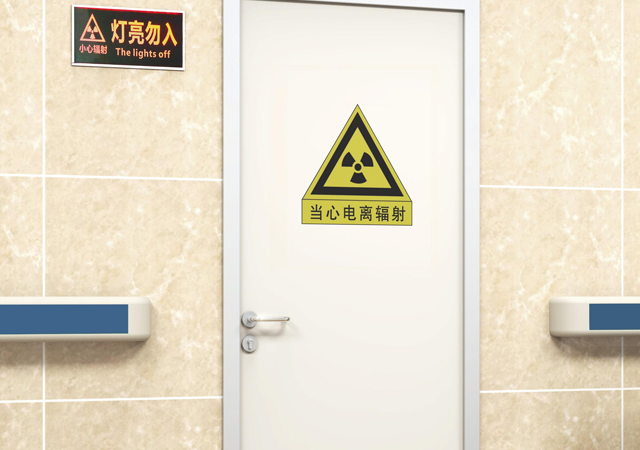 E-ZONG Leads the Way in China's Medical Lead Protection Doors: Innovation for Safety and Efficiency
E-ZONG Leads the Way in China's Medical Lead Protection Doors: Innovation for Safety and Efficiency -
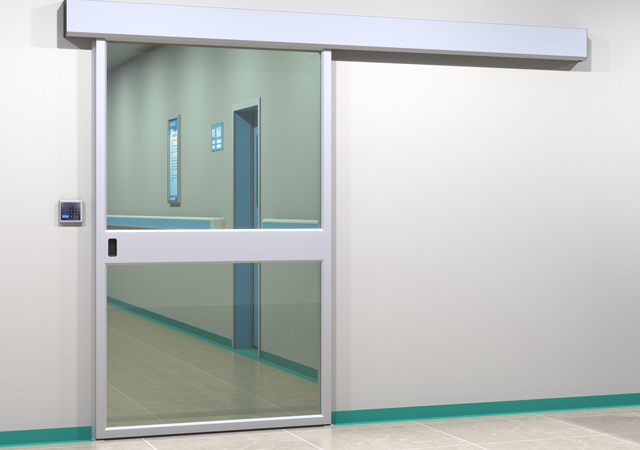 E-ZONG: Leading the Suppliers of Glass Airtight Automatic Doors for Safer, Cleaner Spaces
E-ZONG: Leading the Suppliers of Glass Airtight Automatic Doors for Safer, Cleaner Spaces -
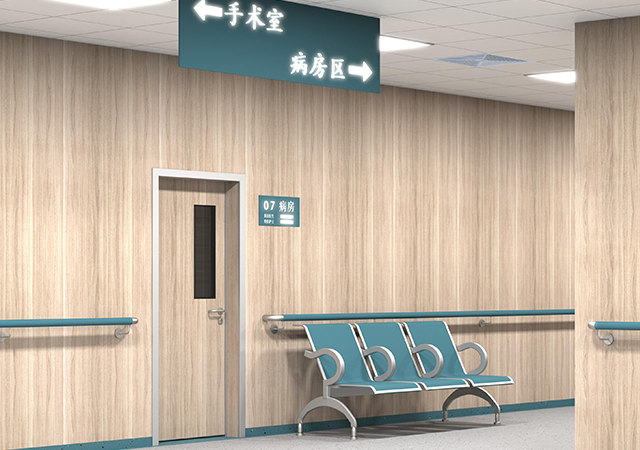 How Wall Air-Tight Swing Doors Ensure Clean Environments With Secure & Silent
How Wall Air-Tight Swing Doors Ensure Clean Environments With Secure & Silent -
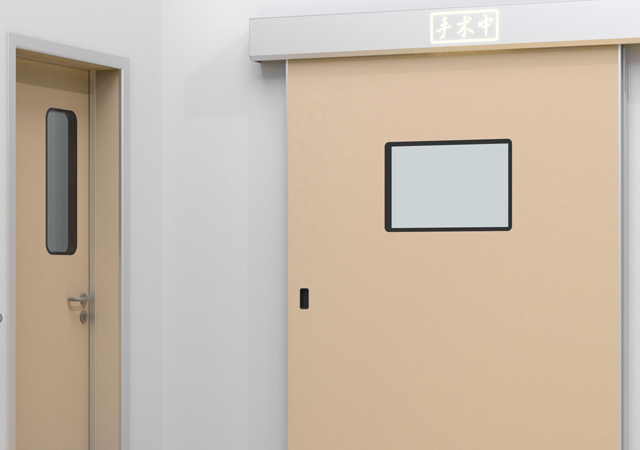 Seamless Automatic Cleanroom Sliding Doors: Smooth, Safe, and Hygienic Solutions
Seamless Automatic Cleanroom Sliding Doors: Smooth, Safe, and Hygienic Solutions -
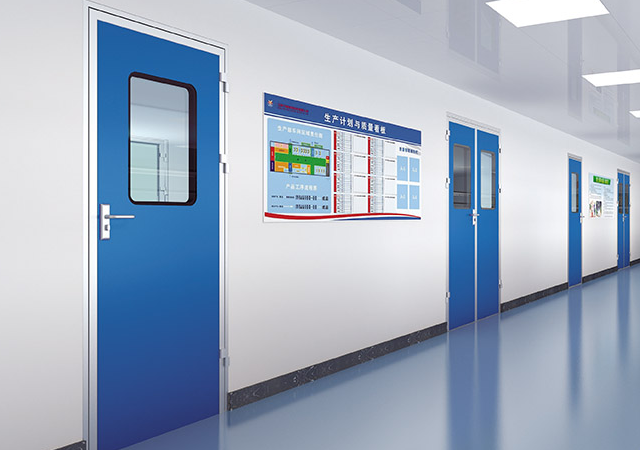 Elegant & Durable: Premium Swing Door Protection for Hospitals
Elegant & Durable: Premium Swing Door Protection for Hospitals

Guangzhou Yizhong Aluminum Industry Co., Ltd.
We are always providing our customers with reliable products and considerate services.
We are always providing our customers with reliable products and considerate services.
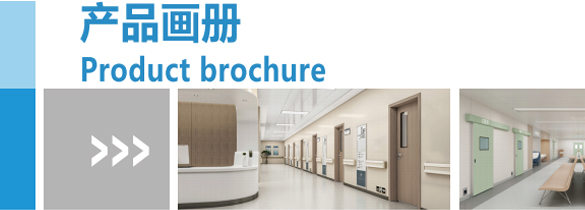
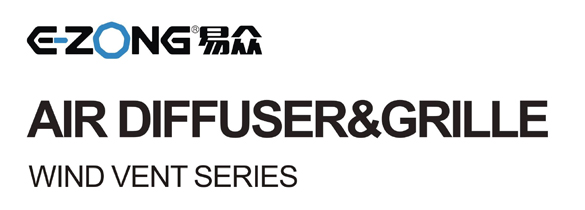

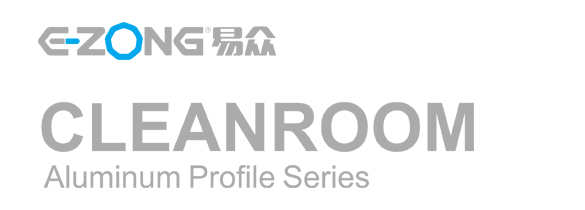






Speak Your Mind